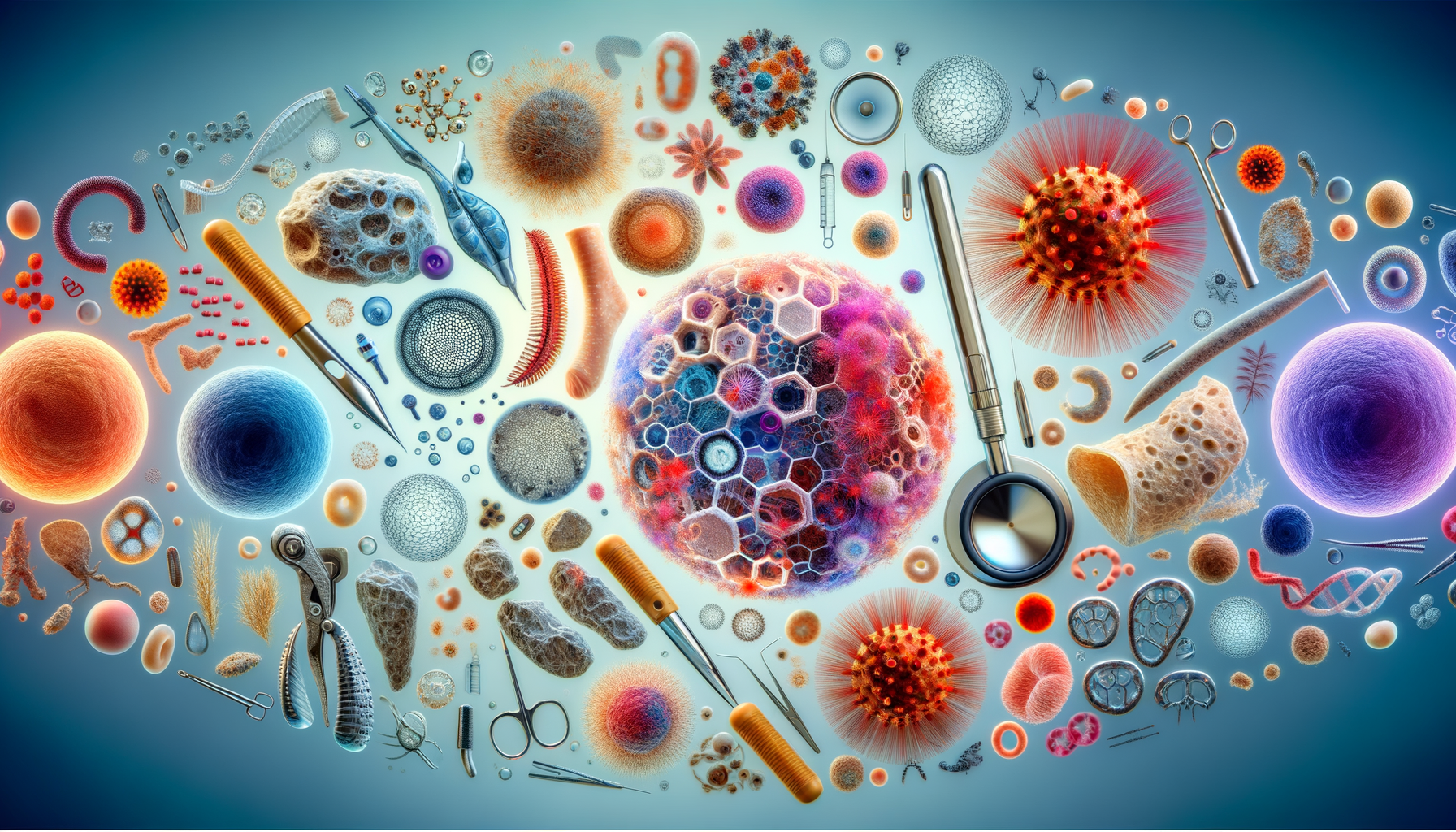Introduction to Genital Psoriasis
Genital psoriasis is a form of psoriasis that affects the skin around the genital area. While psoriasis is a common skin condition, genital psoriasis can be particularly challenging due to its sensitive location. Understanding this condition is crucial for effective management and improving the quality of life for those affected. Unlike other forms of psoriasis, genital psoriasis can cause significant discomfort and emotional distress, making it essential to address both the physical and psychological aspects of the condition.
Common Symptoms and Signs
Recognizing the symptoms of genital psoriasis is the first step towards effective management. The symptoms can vary but often include:
- Red patches of skin covered with silvery scales
- Itching or burning sensation
- Soreness or irritation
- Cracks or fissures in the skin
These symptoms can be more pronounced due to the sensitive nature of the genital area. It’s important to differentiate these symptoms from other conditions such as infections or dermatitis, which may present similarly but require different treatments. Consulting a healthcare professional for an accurate diagnosis is crucial.
Causes and Triggers
The exact cause of psoriasis, including genital psoriasis, is not entirely understood. However, it is believed to be related to an immune system malfunction that causes skin cells to grow too quickly. Several factors can trigger or exacerbate genital psoriasis, including:
- Stress: Emotional stress can trigger flare-ups.
- Infections: Certain infections can activate the immune system, leading to psoriasis symptoms.
- Medications: Some medications can trigger or worsen psoriasis.
- Environmental factors: Cold weather can dry out the skin, potentially triggering symptoms.
Identifying and managing these triggers is an important part of controlling genital psoriasis. Lifestyle modifications, stress management, and avoiding known triggers can significantly reduce the frequency and severity of flare-ups.
Managing Genital Psoriasis
Managing genital psoriasis requires a comprehensive approach that includes both medical treatment and lifestyle changes. Topical treatments are commonly used to reduce inflammation and soothe the skin. These may include corticosteroids, vitamin D analogs, or calcineurin inhibitors. In more severe cases, systemic treatments or phototherapy may be recommended.
In addition to medical treatments, lifestyle changes can play a significant role in managing symptoms. These may include:
- Maintaining a skincare routine to keep the skin moisturized
- Wearing loose-fitting clothing to reduce irritation
- Practicing stress-reduction techniques such as yoga or meditation
Working closely with a healthcare provider can help tailor a management plan that addresses both the physical and emotional aspects of the condition.
Conclusion: Living with Genital Psoriasis
Living with genital psoriasis can be challenging, but understanding the condition and its triggers can empower individuals to manage their symptoms effectively. By recognizing the signs, identifying triggers, and working with healthcare professionals, those affected can lead a comfortable and fulfilling life. Continuous research and advancements in treatment options offer hope for better management and improved quality of life for individuals with genital psoriasis.




Leave a Reply